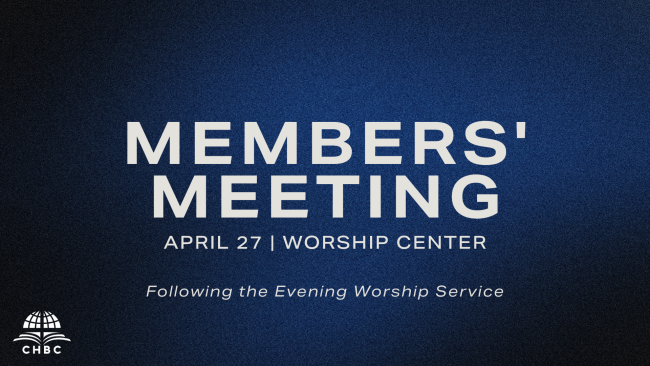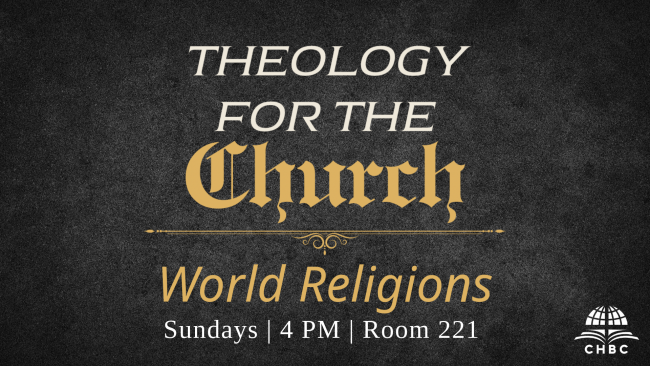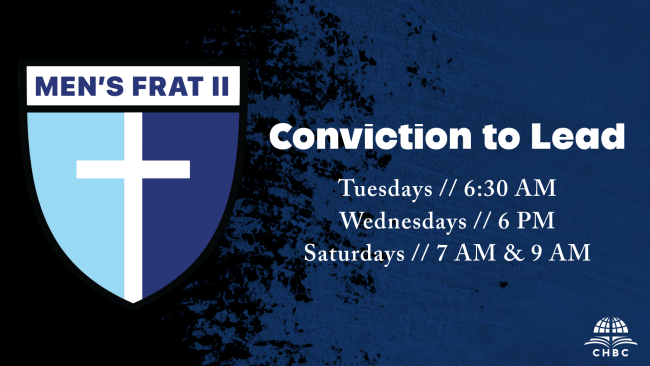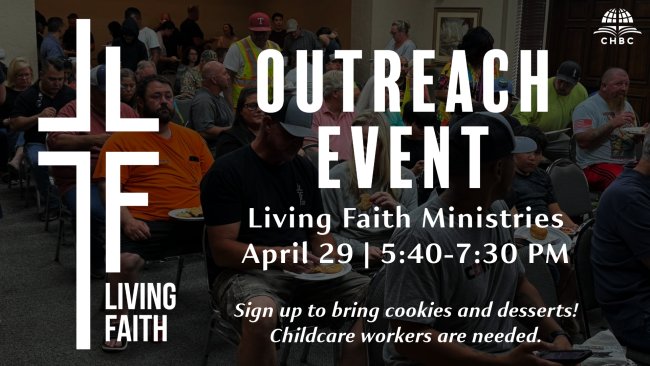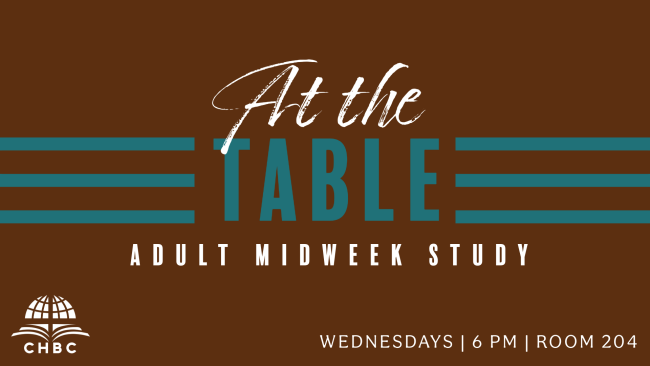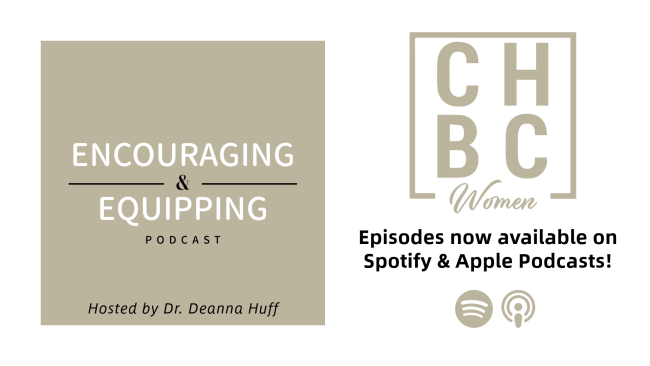
Devoted Stewardship
“Stewardship defines our purpose in this world as assigned to us by God Himself.” When God created Adam, He gave him dominion over the earth, not as its supreme ruler, but as steward of God’s creation. Stewardship is not just a privilege but a purpose. So, as Christian individuals we are not asking if we should participate as stewards in God’s Kingdom, we are asking how we rightly exercise our stewardship.
Stewardship goes beyond money, as I have said multiple ways through this article, but it does include money. God instituted a system of tithes upon His people in the Old Testament. Not because God needs money or is a demanding Deity. The first example of tithing in the Bible is when Abraham gives a tenth of the spoils of victory to the mysterious priest of God named Melchizedek (Gen. 14). No command to give, just a response of thanks to God.
The next time a tithe is mentioned is Jacob in response to the dream of God (Gen. 28) where he promises to give a tenth of all God has given to him. Again, a response of praise and a recognition that all that Jacob had was a gift from God.
In Deuteronomy 14:22ff, God gives some instruction about tithing.
- First, they were to bring their tithe to the priests and then eat at least part of that tithe as a festival of joy and gratitude.
- Second, they were to do this so that they may learn to fear the Lord. In other words, the goal was to remind them how dependent they are on God.
- Third, if the grain was too heavy or the flocks too many to bring all the way to the holy place, they could sell them and use the money as their gift. They were learning the beauty of a substitute.
- Fourth, the tithe was used to support those set apart to perform the priestly function, the Levites, among the people of God. Their tithing supported the work of the Lord, those set apart to keep its charge, and to provide for the holy place.
- Fifth, there was the calling of a special tithe every three years to care for the needs of refugees, orphans, and widows who were among them. Their giving reminded them of their need for compassion and care.
- Sixth, giving to God was done by giving to the people who were in need, or who had responsibility for maintaining the worship of God among the people. And this came with the promise of God’s ongoing care for His people. Give to God and He will take care of you.
God’s people have a stewardship over their resources. The New Testament does not erase the law of tithing but drives it from outside of us to inside of us. God was never interested in the peoples’ gifts but wanted them. As Paul wrote to the church in Corinth in the 2 Corinthians, he said, “Here for this third time I am ready to come to you, and I will not be a burden to you; for I do not seek what is yours, but you; for children are not responsible to save up for their parents, but parents for their children” (2 Cor. 12:14).
The heart of the faithful follower of Jesus is to give their tithe, and then seek to give sacrificially, generously, and in proportion to God’s graciousness to them (2 Cor. 9). Not for what can be gained, but with the same six principles found in Deuteronomy.
The early church in Acts was practicing this kind of stewardship. We are focusing on the seven fundamentals of the early church throughout 2025. Devoted evangelism, discipleship, fellowship, ministry, worship, prayer, and stewardship. Since we desire the kind of spiritual renewal and revival seen in Acts 2, then we must seek to live out the same practices of faith found as prescribed there.
By His Grace and For His Glory,
Pastor Mark

